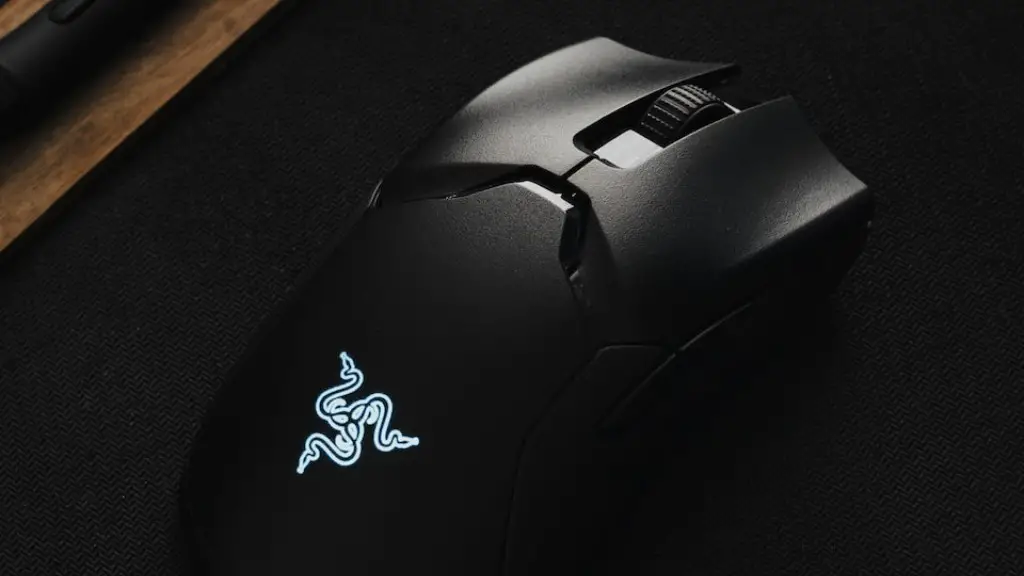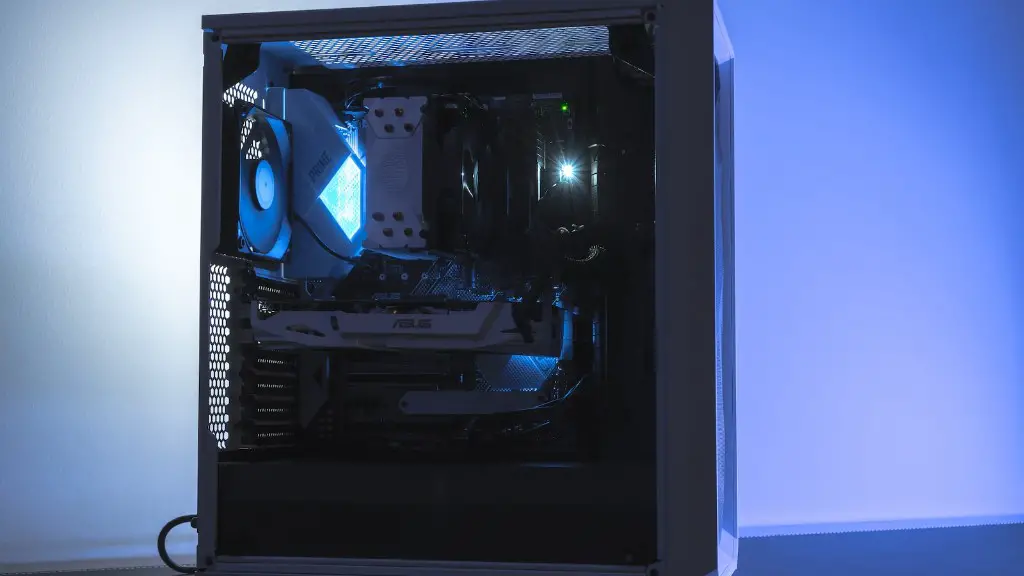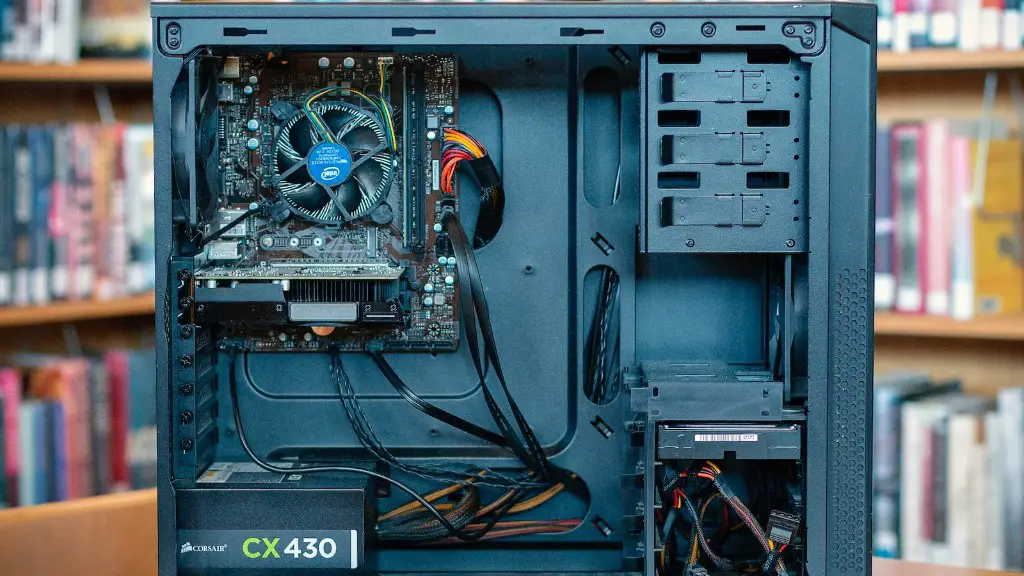According to research, the average person who games on their laptop for more than 3 hours a day is at risk of laptop overheating.
Laptop overheating can result in decreased performance, blue screen errors, and in severe cases, damage to the hardware.
Below are tips on how to prevent your gaming laptop from overheating:
1. Make sure your laptop is well-ventilated. Use a cooling pad or stand to elevate your laptop off of your lap or desktop.
2. Clean the vents on your laptop regularly to prevent dust buildup.
3. Use laptop power management settings to regulate CPU and GPU usage.
4. Limit your gaming sessions to prevent overtaxing your laptop’s resources.
5. Avoid gaming in hot or humid conditions.
By following these tips, you can ensure that your gaming laptop stays cool and performs at its best.
1. Make sure that your gaming laptop is placed on a hard, flat surface.
2. If possible, try to use a laptop cooling pad or stand to help increase airflow around your machine.
3. Avoid using your gaming laptop on soft surfaces like beds or couches, as this can block airflow and cause overheating.
4. Keep the area around your gaming laptop clear of clutter to allow for proper airflow.
5. Avoid playing intensive games for long periods of time, as this can cause your laptop to overheat.
6. If your gaming laptop does start to overheat, take a break and allow it to cool down before continuing to play.
Why does my laptop overheat when gaming?
It’s always best to play your video games in an air-conditioned room. Not only will this keep your PC from overheating, but it will also help prolong the life of your computer. Make sure that you keep your laptop on a clean, flat surface. If you’ve placed it on a soft surface like your bed, sofa, or pillow, the airflow gets hindered and the temperature rises due to inadequate cooling.
There are a few simple ways to prevent your laptop from overheating. Always use your laptop on flat surfaces to allow for proper airflow. Most laptops have air vents at the bottom or on the sides, so be sure to keep these clear. Invest in a laptop cooling pad to help regulate temperature. Finally, monitor your laptop’s temperature regularly to be sure it isn’t getting too hot.
How hot is safe for a gaming laptop
Other gaming laptops are able to keep their CPU temperatures at 80 degrees Celsius or cooler, while the Asus Zephyrus M16’s CPU temperature can reach 100 degrees Celsius. This can be dangerous, especially for prolonged periods of time.
Your laptop’s impressive processing power and storage comes at a cost: excess heat. The greatest threat to your laptop, save for your coffee, is overheating. It can cause hardware failure and permanent damage.
Do gaming laptops need cooling pads?
It’s true that cooling a gaming laptop will help keep temperatures in check, but it’s not going to improve your gaming experience. The reality is that you can’t improve your gaming experience by putting a couple of fans under your laptop.
Your gaming laptop can easily overheat if you don’t take proper precautions. Here are some tips to keep your laptop cool and prevent it from overheating:
1. Ensure lower graphics settings and FPS: This will help to reduce the load on your laptop’s CPU and GPU, and consequently, lower the overall temperature.
2. Replacing the thermal paste: The thermal paste is responsible for conducting heat away from the CPU and GPU. If it is not applied properly or if it dries out, it can cause overheating.
3. Avoid running excessive programs: Having too many programs running in the background can put a strain on your laptop’s resources and cause it to overheat.
4. Optimization of game settings: Make sure that you are not running your games at too high of a resolution or graphical setting as this will also lead to overheating.
5. Keeping the laptop clean: Dust can accumulate on the fans and other components of your laptop, causing it to overheat. Make sure to clean your laptop regularly to prevent this.
6. Choose a flat surface for using the laptop: Using your laptop on a soft surface like a bed or couch can block the vents and cause overheating. Choose a
How do I force my laptop to cool down?
There are a few simple ways you can help keep your laptop cooler and running more efficiently. Avoid using it on carpeted or padded surfaces, as these can impede airflow and cause the laptop to overheat. Instead, use a hard, flat surface. If you must use it on your lap, consider placing it on a cooling pad or mat. You can also increase the airflow around your laptop by elevating it at a comfortable angle on a stand or desk, or by using a laptop riser.
In addition, it’s important to keep your laptop and workspace clean. Dust and debris can build up and cause the fan to work harder, which can lead to overheating. Make sure you understand your laptop’s typical performance and settings. Many laptops have a power-saving mode that can help prevent overheating.
There are also a number of software programs designed to help clean and secure your laptop. Some of these can help cool your laptop by managing the CPU usage and other settings.
A good gaming laptop should last around five years in terms of performance. If you want a laptop that will last longer, pick one that matches or exceeds the performance of a console. The GPU affects a gaming laptop’s lifespan the most. Most gaming laptop hardware isn’t upgradable, so spend your money where it matters most.
Why does my gaming laptop sound like a jet engine
There are a few possible reasons why your computer’s fan and hard drive might be louder than usual. It could be that they’re simply getting older and starting to show signs of wear and tear. Another possibility is that dust has settled in and is causing them to work harder than they need to. In either case, it’s probably a good idea to have a professional take a look and see if anything can be done to reduce the noise.
Thermal throttling is a safety measure implemented in most computer hardware which reduces clock speeds to decrease temperature to safe levels. Usually, 75-80°C is perfectly normal for a medium to high end gaming laptop under load. Any higher than this, and the performance will begin to decrease.
How do I fix my CPU overheating?
If your computer is overheating, there are a few things you can do to try and fix the issue. Check that the fans are working properly and that there is good airflow for both desktop and laptop computers. Avoid using programs that use a lot of CPU power and close unnecessary browser tabs and programs. You can also clean and dust your computer, which may help to improve airflow. Finally, reapply thermal paste to help improve heat transfer.
Compressed air is the best way to clean a laptop fan without taking it apart. It’s cheap, readily available, and provides the safest and easiest ways to clean a laptop of dust and debris without taking it apart.
Will laptop work after overheating
There’s nothing wrong with a laptop that’s slightly warm to the touch when it’s running. However, the laptop’s temperature shouldn’t get too high. If it overheats, it could cause slower performance, reduced battery backup, and be too uncomfortable to touch.
gaming laptops are made to get hot, IT is due to the high-performance compact design of the laptops. gaming laptops are one of the most in demand computing devices available, their design is made to sustain heavy useage and demanding tasks. Many people might not know this but, when gaming laptops get hot, it’s actually normal!
How long do laptop fans last?
Most fans are designed to last for about 30,000-50,000 hours of continuous use, which is equivalent to 35-6 years. However, this does not mean that all fans will last the same amount of time. A case fan, for example, will likely last for 5-6 years, whereas a laptop fan may last closer to 10 years.
Thermal paste helps to fill the tiny gaps between your CPU and heatsink, and ensures that heat is transferred efficiently away from the CPU. If you have a gaming PC, it’s important to apply thermal paste correctly to get the best performance possible. Here are a few tips on how to apply thermal paste:
1. Make sure that both the CPU and heatsink are clean before applying thermal paste. You can use isopropyl alcohol and a lint-free cloth to clean the surfaces.
2. Apply a small amount of thermal paste to the center of the CPU. You can use a pea-sized amount, or less if you want to be precise.
3. Spread the thermal paste evenly over the surface of the CPU. You can use a spreader tool, or even a credit card.
4. Place the heatsink on top of the CPU, and make sure that it is making good contact. You can use a screwdriver to tighten the heatsink if necessary.
5. Boot up your PC and check that the temperatures are running as they should. If you find that your CPU is running too hot, you may need to reapply the thermal paste.
Are cooling pads worth it
Cooling pads can help improve the airflow around a laptop and help keep it cooler, but they will only do so to a limited extent. The biggest benefit from using a cooling pad comes from simply raising the laptop up off the surface, which allows for greater air circulation.
If your laptop is over heating, it’s probably because the fan isn’t able to properly cool the system. Try cleaning the fan to see if that helps. If not, you may need to replace the fan.
Final Words
To stop a gaming laptop from overheating, first make sure that the room temperature is cool and the laptop is on a hard, flat surface. Next, clean the laptop’s vents and fans with compressed air. Finally, reposition the laptop so that air can circulate around it more easily.
The most important thing to do when trying to prevent your gaming laptop from overheating is to keep the vents clear and unobstructed. You can do this by regularly dusting off the vents with a can of compressed air. Another way to help keep your laptop cool is to use a cooling pad designed specifically for laptops. These devices help to evenly distribute the heat away from your laptop and can often include additional fans to help keep things cool.



